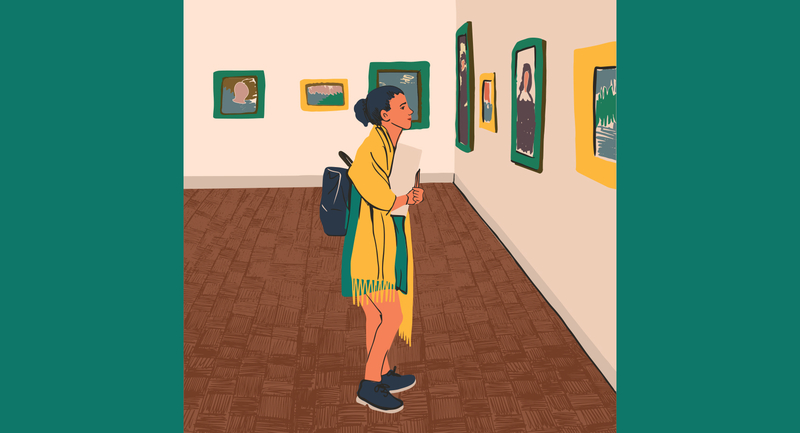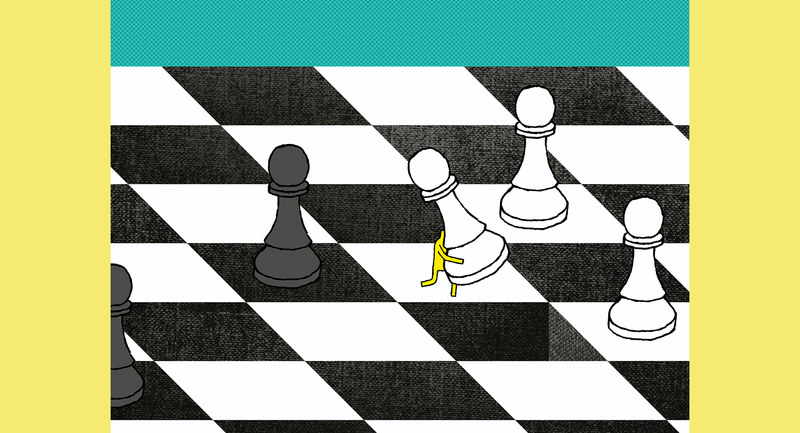From preschool to higher education, our students talk often. They talk in the hallways, at lunch, before and after school, and sometimes at exactly those times when we want them to be quiet. Talking is a skill the great majority of our students have mastered. Not surprisingly, then, it's a skill we rely on in our classrooms. We have students turn and talk to a partner. We ask students to engage in class conversations about texts or ideas. Even our youngest students are talking frequently as part of their school day. This is as it should be. Learning is social and learners can use talk to help themselves and their peers better understand the content they are learning.
Scratching the Surface
Quantity, however, is not the only thing that matters. Students must learn conversational skills that will allow them to engage in high-quality discussions to deepen their own learning; so we, as their teachers, must dedicate some instructional time to this end. We cannot assume students can transfer the conversational skills they use in casual, informal conversations with their friends and family to academic conversations.
Unfortunately, that is exactly what we frequently do. It is what I did for nearly two decades in elementary classrooms. It took schoolwide instructional walkthroughs to highlight how few meaningful conversations were happening in our classrooms. Our students were sharing their answers to questions or sharing their ideas, but they weren't truly engaging in conversations and using each other's talk to help build new thinking or deeper understanding. Talk did move beyond the traditional I-R-E model, in which the teacher initiates a question, a student responds, and the teacher evaluates their answer. But even when students were talking to one another, the talk was awfully similar to the I-R-E model. One student would share their idea. Another student would share their answer. And on and on. Students were not genuinely listening to one another, much less taking what they were hearing and building on it as learners.
Lightening the Load
We began by identifying the skills we wanted students to learn, which turned out to be fairly easy. Teaching those skills, however, was more challenging than we had anticipated—that is, until we realized we were asking our students to carry too heavy of a cognitive load in these lessons. We were asking students to learn new conversational skills while discussing academic content they were currently learning. They had to work hard thinking about both the conversational skills and the content. As a result, neither piece moved very far forward. We needed to balance the cognitive load. Here's how we moved forward.
We isolated conversational skills on which we wanted to focus. These skills might be agreeing or disagreeing with others, asking questions to clarify understanding, or elaborating on our own thinking. Once we identified a skill, we planned strategies for teaching it. That might be as simple as modeling the skill and having students share what they noticed, or it might mean developing a series of lessons with specific strategies to practice that skill. Whatever plan we made for teaching the conversational skill, we introduced it using content that was accessible to all of our students. Sometimes we used content from earlier in the school year that students had mastered and with which they felt comfortable. Sometimes we opted for conversations about a non-academic topic, especially if the skill was quite challenging.
Providing Balance
One of the greatest challenges to balancing the cognitive load when working on conversation skills is determining when to move on to more complex content. Waiting until a plethora of conversation skills have been practiced and learned well may not be the best option. As students are gaining facility with several skills, try a conversation around a more difficult academic concept. If students struggle to make use of the conversation skills they have been learning, then they may need more time to practice with less complex ideas. If students are able to participate in the conversation using some of the skills they have learned, then you can continue with more challenging concepts.
Adding to students' repertoire of conversation skills as the year continues will require an ongoing balance. When students independently use previous skills, determine your next steps. For example, if students are capable of sharing their thinking but not providing evidence to support their thinking, then you can focus on that. As students practice challenging skills, use more familiar content in order to allow students to focus on practicing providing evidence for their thinking. In this way, as the year goes on, students will gain proficiency with skill after skill, adding them slowly but strongly. These are skills they can use for the rest of their lives.







